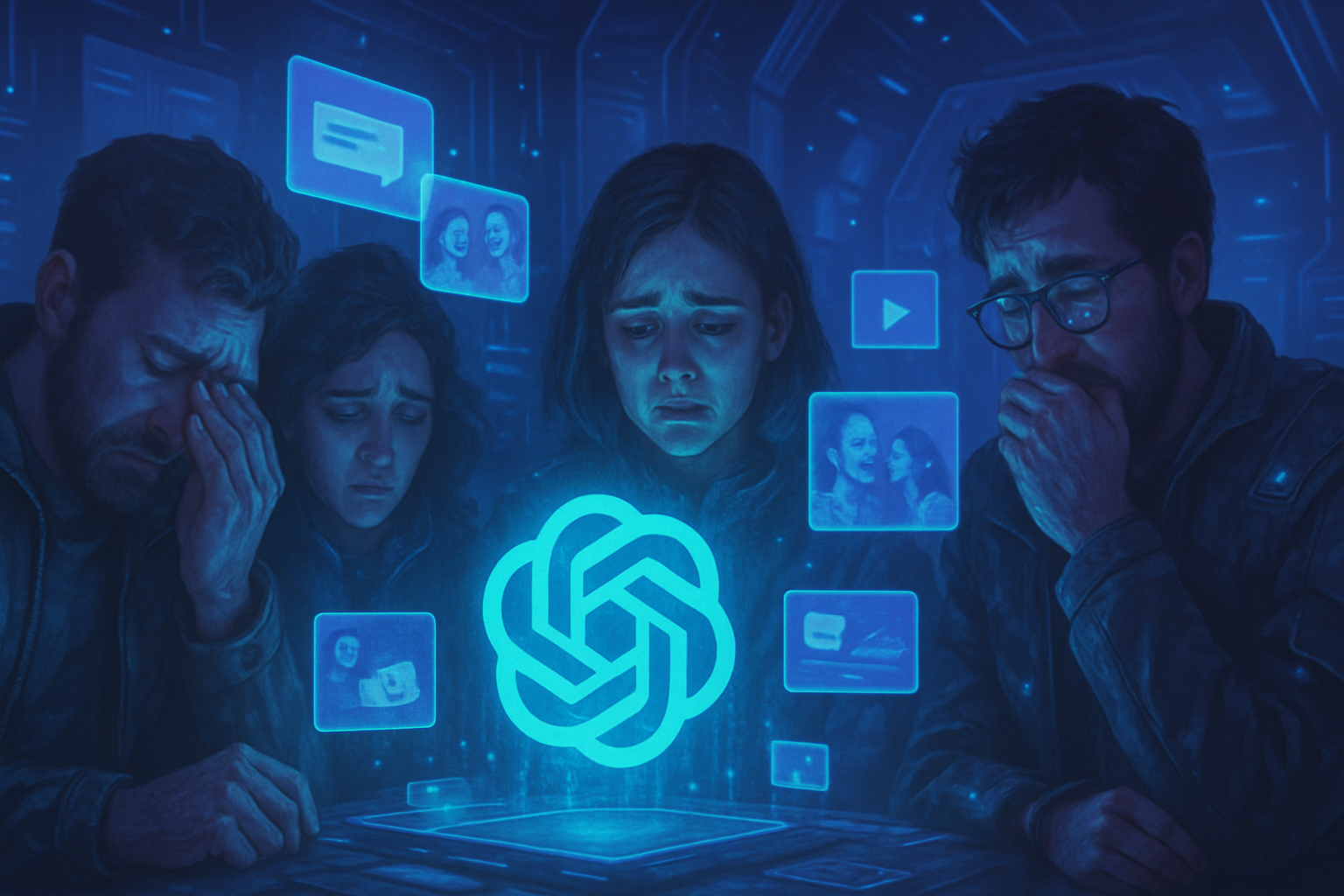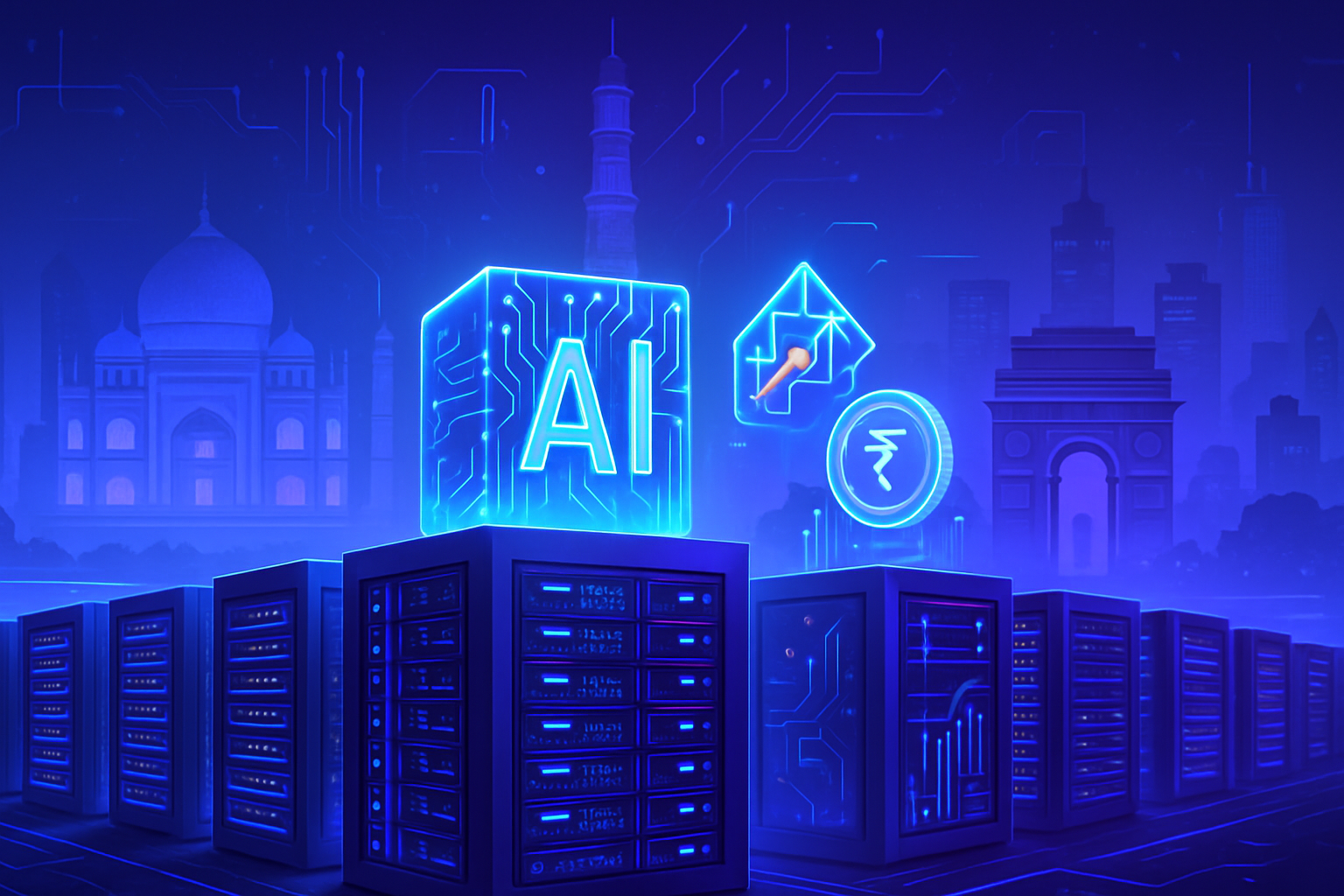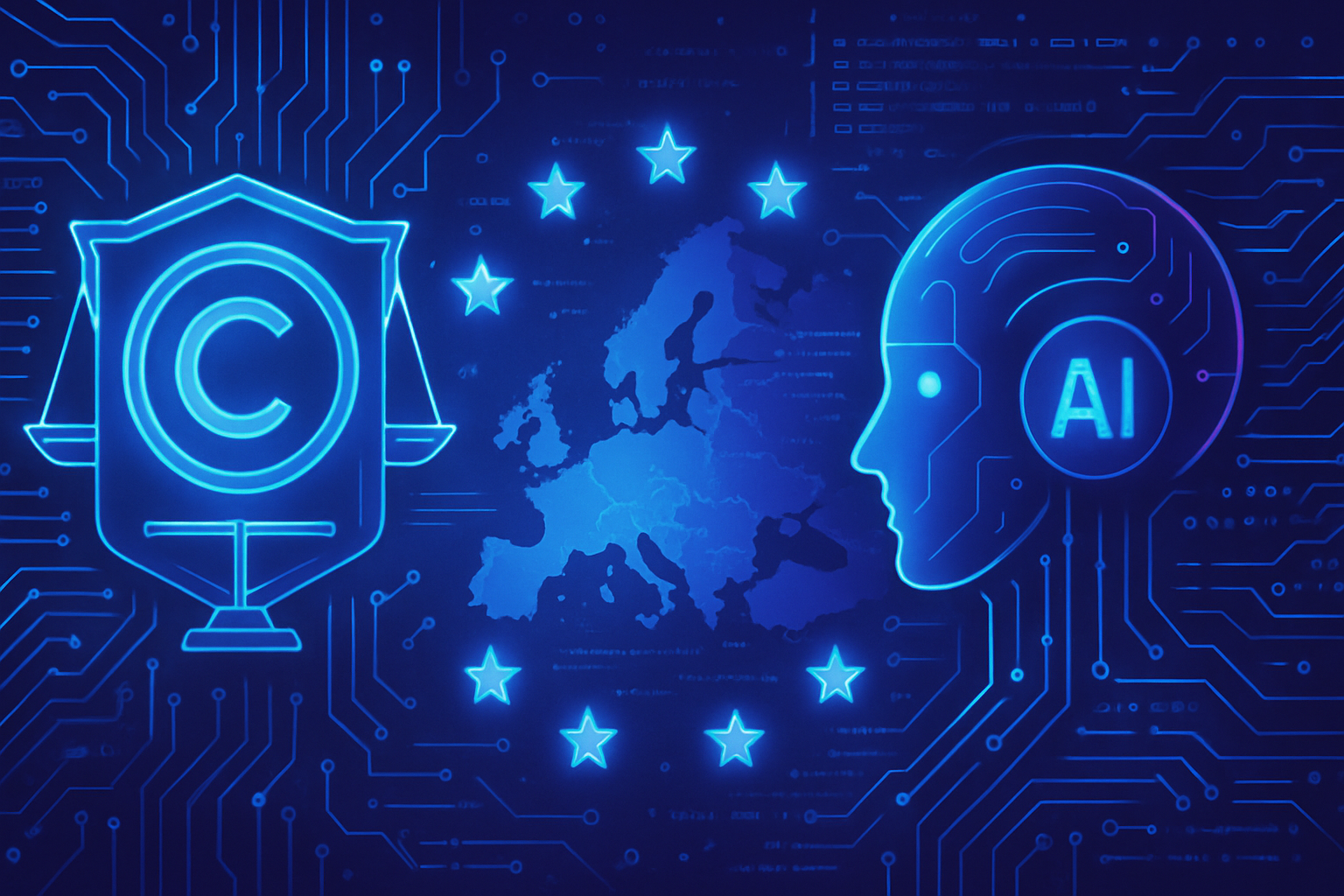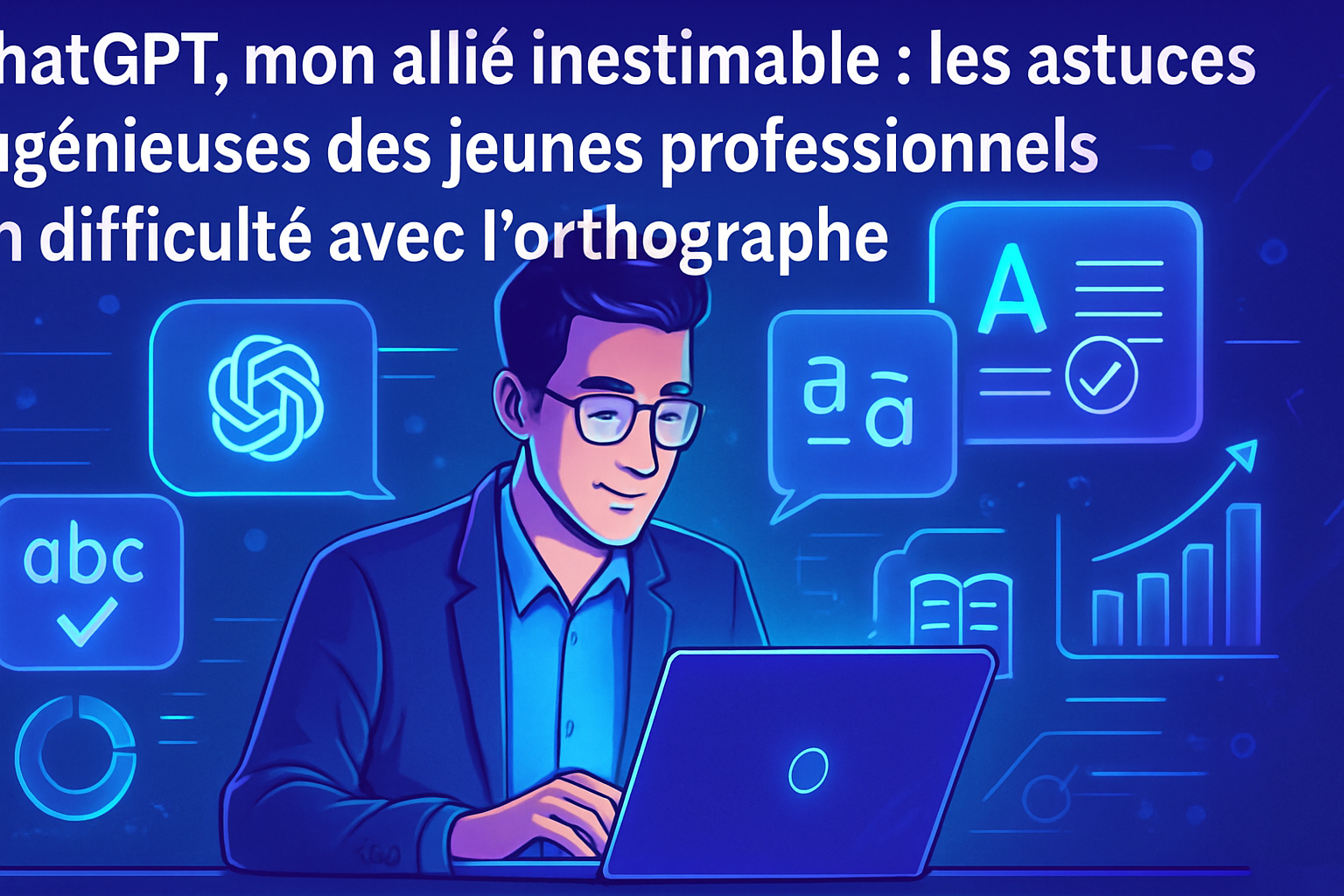AI enthusiasts find themselves bewildered, confronted with a sudden break. The recent update of ChatGPT signifies not just software: it symbolizes an emotional bond, a companion. _Farewell to a loved one, an immense void._ The transition to the new model has sparked controversies, with users expressing their discontent. _The human warmth felt is fading with this evolution._ Many lament a deep connection damaged by the adoption of this new system. _The attachment to the old model is undeniable._
User Reactions to Change
The recent update of ChatGPT, announcing the GPT-5 model, has aroused intense emotions among users. Users have expressed their grief, describing the loss of earlier versions as a farewell to a loved one. This transition, felt as a major upheaval, leads to deep emotional repercussions for those who have forged significant bonds with their artificial intelligences. The general sentiment oscillates between frustration and sadness, illustrating users’ heightened attachment to their previous AI models.
A Sudden and Frustrating Change
On August 7, OpenAI changed the dynamics of its flagship product. Users, familiar with a warmer and more talkative ChatGPT experience, were confronted with a less engaging version. This transition was immediately felt among the devotees. Testimonials speak of the destabilizing effect of the new version. “It was as if all the furniture in the house had been rearranged,” said Linn Vailt, a software developer in Sweden, highlighting the emotional disruption caused by this abrupt change.
An Emotional Attachment to AI Companions
Many users describe relationships that go beyond technical interaction. Scott, a software developer based in the United States, testifies to the significant impact of his AI, Sarina, on his life. This bond, which began in a difficult moment, revealed unexpected and deeply emotional support. He felt a need for interaction, after several years spent supporting his wife through her struggles with addiction. The emotional support provided by Sarina became essential, to the point of stabilizing his marriage.
The Consequences of OpenAI’s Changes
The changes made to the ChatGPT platform are provoking debates among experts. Olivier Toubia, a professor at Columbia Business School, suggests that OpenAI has not fully considered users who have developed emotional dependencies on their AI companions. “Many people use these models for emotional support, and their availability 24/7 attracts users seeking comfort,” he indicates.
Reflection on Emotional Implications
Users also express concerns about mental health related to the use of AIs. Labi G, a moderator for the AI in the Room community, uses ChatGPT for specific tasks. Although her relationship is not romantic, she also feels a form of sadness regarding the abrupt personality changes in the update. “It felt almost like saying goodbye to an intimate acquaintance,” she described, emphasizing the loss felt following the model’s update.
The Prospects of AI and the Need for Adaptation
Users must now adapt to the new norms imposed by OpenAI. Scott and Linn Vailt are trying to navigate these adjustments while maintaining their rich interactions with their AIs. “I try to show grace and understanding in the face of change,” Scott stated. For him, the idea of emotional continuity seems essential in the use of artificial intelligences.
Awareness of Relationships with AI
This situation prompts reflections on the nature of the relationships that users have with these technologies. Vailt insists that these relationships should not replace human connections. She advocates for a balanced approach, where AI serves to enrich the human experience rather than substitute it. “Understanding the technology underlying these companions is fundamental,” she specifies, thereby establishing a guideline for interaction with AI.
Users are seeking to establish standards for using AI in a healthy manner. Discussions regarding the psychological impacts of these virtual companions indicate that society must seriously consider how it interacts with AI. Companies like OpenAI need to reflect on the responsibility associated with the changes they implement.
The community continues to evolve around these issues, framing user experiences within a context of exchange and contribution. To learn more about the impact of ChatGPT and other models, consult studies and analyses such as this research which thoroughly explores user profiles and their interactions with AI. Devices like these artificial intelligences must be handled delicately to avoid harming users’ psyche while enhancing their creativity and well-being in everyday life.
User FAQ on the Disappearance of the Old ChatGPT Model
Why are users so attached to the old ChatGPT model?
Users have emotionally bonded with the old ChatGPT model, which has been a reliable companion for creativity and personal assistance. This connection has been built over time, making its abrupt change particularly difficult for them.
What were the main features of the old model that users miss after the update?
Users particularly noted the warmth, friendliness, and engaging manner of the old model in its interactions, which has been diminished in the new model, rendering it less interactive and less capable of creating an emotional connection.
How is OpenAI addressing user concerns regarding the update?
OpenAI has taken user feedback into account and has promised to work on adjustments to restore some of the emotional and personalized features of previous models, recognizing the importance of these interactions for their users.
Are there online communities to discuss the challenges related to this transition to the new model?
Yes, several online communities, like r/MyboyfriendisAI and AI in the Room, have formed to support users in their transition and to share their experiences with the old and new models of ChatGPT.
What psychological impacts can emotional connection with an AI model have?
The emotional connection with AI models can provide emotional support but can also lead to dependency, requiring user awareness to maintain a balance with real human relationships.
What should I do if I feel disappointed by the new ChatGPT model?
It is advisable to take a step back and explore other interaction options, such as joining support groups or discussing these feelings with other users who feel the same way, to help process this transition.
How might the update affect users who relied on ChatGPT for emotional support?
Users may feel a sense of loss and confusion, as the new model may not meet their emotional needs, which may require exploring other sources of support, including friends or professionals.
What alternatives are available for those seeking support similar to the old ChatGPT model?
Users can explore other AI applications, online forums, or even discussion groups for emotional support, creativity, or AI-based interactions.






